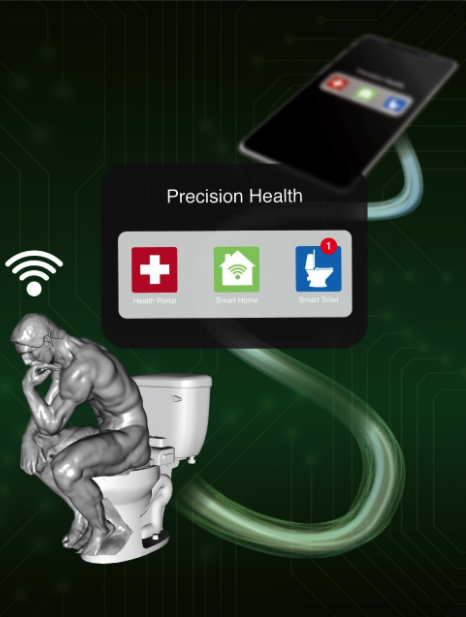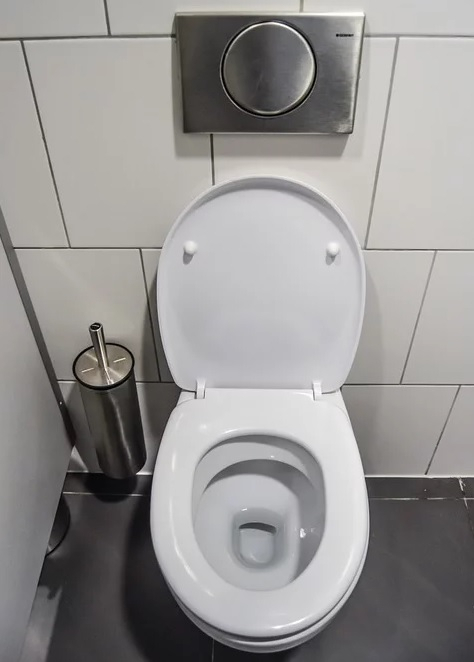Researchers at Stanford University have come up a smart toilet that can turn any regular toilet into the Tesla Model S of commodes.
Disease-detection device
A team of the researchers at the university have developed a new type of toilet technology that automatically analyses urine and stool samples for signs of cancer and other serious diseases.

The researchers built the device using an upward facing camera and artificial intelligence to scan the human waste as it passes through. The disease-detection technology could eliminate the need for traditional stool tests and prove particularly helpful for people who are genetically predisposed to certain conditions.
Each user has a unique 'anal print'
The toilet falls within a category of technology known as continuous health monitoring, which includes other devices such as smartwatches and fitness trackers. However, the smart toilet tech is more advanced than the Apple Watch or FitBit you find on the market because of its ability to identify each individual user through their biometric data such as their "anal print."
"We know it sounds weird, but as it turns out, your anal print is unique. Our concept dates back well over 15 years. When I'd bring it up, people would sort of laugh because it seemed like an interesting idea, but also a bit odd," said Sanjiv Gambhir, the Stanford professor who led the research team.
"The thing about a smart toilet is that, unlike wearables, you can't take it off. Everyone uses the bathroom — there's really no avoiding it — and that enhances its value as a disease-detecting device," he added.
However, despite its disease-detection capabilities, the smart toilet should not be seen as an replacement for a doctor, or even a diagnosis, according to Professor Gambhir. He added that the device should ideally be used to send the data to healthcare professionals to determine whether any further action needs to be taken.
Can it be used on regular toilets?
Yes, the smart toilet technology can be retro-fitted on an ordinary toilet with all the necessary gadgets to perform the tests. It comes accompanied with a smartphone app that reveals the results of the scans.The researchers are hopeful that the technology will one day become part of the average home bathroom.

The smart toilet has already been tested on 21 people over the course of several months as part of a pilot project, and aims to identify as many as 10 different health conditions and diseases, including diabetes, heart disease, bladder cancer, and kidney failure.









